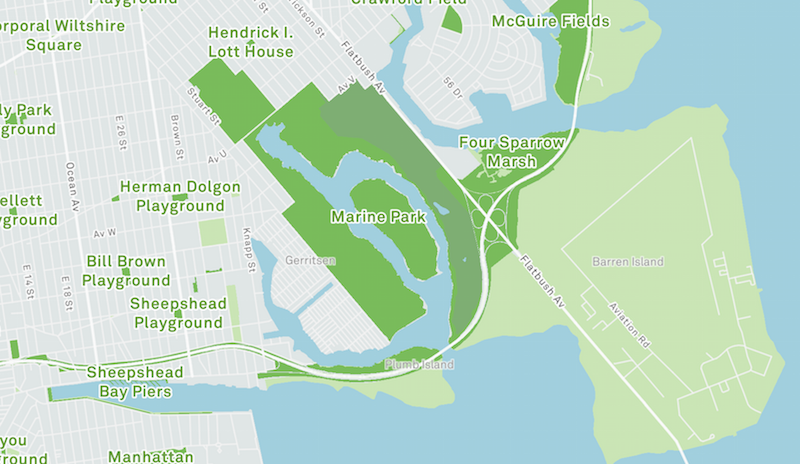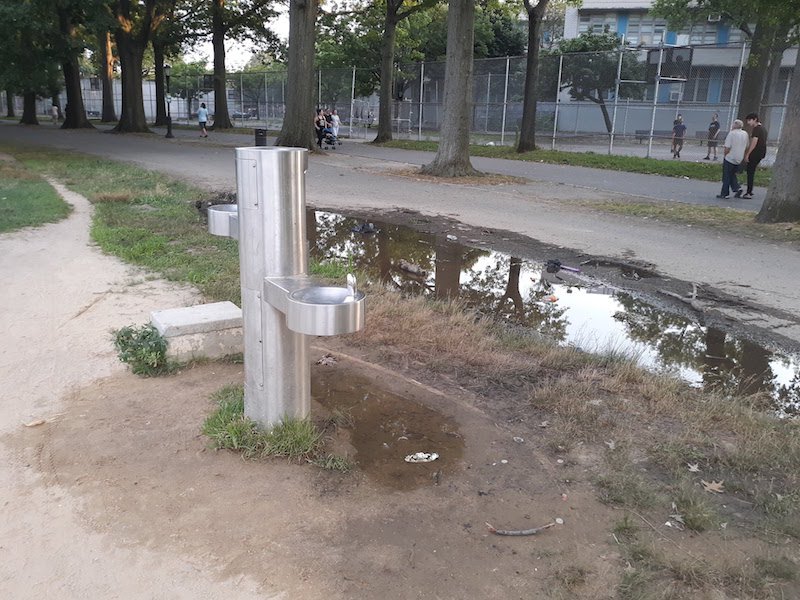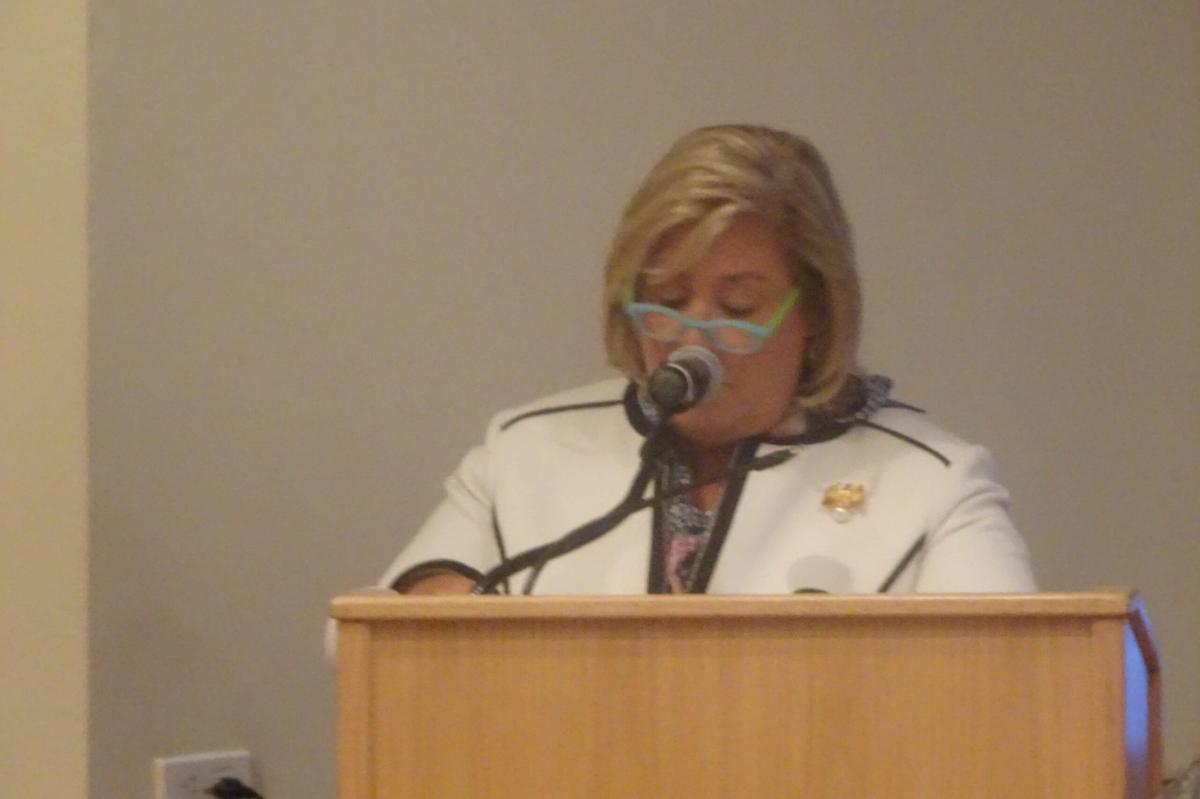Brooklyn’s largest public park – Marine Park – is causing some residents concerns over its excessive puddles, and fear if it’s not fixed, the parkland will become infested with mosquitoes that carry West Nile Virus.
While the disease can cause death in rare cases, about 80 percent of infected humans have few or no symptoms, according to the U.S. Centers for Disease Control and Prevention. Risks for severe disease include people who are over 60 or who have other health problems
Heavy rainfall, a leaky water fountain and potholes on bike paths have lead to large puddles of water. According to the city’s Department of Health and Mental Hygiene (DHMH) website “mosquitoes lay their eggs in standing or slow-moving water” and residents are urged to eliminate any standing water.
“One of the issues we should be dealing with is not having standing water because of the West Nile Virus,” said Stan Kaplan, a member of the Madison-Marine-Homecrest Civic Association.
According to the city’s Parks Department, Marine Park is a target of the city’s annual West Nile Season larvicide spraying to marsh and other non-residential areas. So far this year, Marine Park has received two aerial larvicide treatments but no ground-based spray events.
Currently standing water is a violation of New York City’s Health Code which people can be fined for.

Aside of causing concern due to attracting mosquitoes, the puddles also attract garbage and inconvenience bikers. “The bikers have to come out of the bike path to avoid the huge, dirty, swampy water,” said Elizabeth Morrissey, co-president of the Madison-Marine-Homecrest Civic Association.
Previously, the puddles were increased due to rain but issue worsened last week when the city’s water fountain began leaking, which added to the already existing standing water.
“The part of the fountain where you fill up your bottle was going non-stop, 24 hours a day,” said Kaplan. He said that he observed that part of the fountain leaking for a week before it was finally turned off.
“We shut off the water fountain as soon as we were notified of the issue last week,” said Parks Department Spokesperson Megan Moriarty. “New York City has seen an increase in average annual precipitation, and our parks can take the hardest hit of fast and heavy rainfall. Our staff works hard to address standing water by pumping and sweeping large puddles.”
Ed Jaworski, co-president of the Madison-Marine-Homecrest Civic Association, argues that such a method is not viable when addressing Marine Park’s standing water
“I feel sorry for the Parks Department. They can’t sweep enough water away from there to make it go away. Where do you sweep the water to? You can’t spread it around enough because you’re just spreading all this dirty water someplace else. So you can’t do it with brooms, you’d have a crew of a couple dozen people with brooms in there sweeping all day long. And you can’t put a pump in there to pump it because the water is not deep enough. A pump has to be covered with water in order to work and that water is not deep enough,” said Jaworski.
In a meeting, Brooklyn Parks Commissioner Martin Maher suggested that a fix to the situation would require $11 million in funding.

But a spokesperson for City Council Member Alan Maisel (D-Bergen Beach, Canarsie, Flatlands, Georgetown, Gerritsen Beach, Marine Park, Mill Basin, Mill Island, Sheepshead Bay) noted the $11 million price tag is for fixing the entire park including putting a new inner track down and redoing the outside of the park.
“We are working on getting the money together but it’s very difficult to gather that much money. We’ve already reached out and asked for the money but hopefully, in the next budget we’ll be able to get the money,” said Maisel’s spokesperson.
But Jaworski is concerned that waiting until Marine Park’s complete renovation is not viable and is asking for a short-term fix.
“All they said was it’s an $11 million situation and a band-aid won’t do it. But the problem is when you run into the West Nile situation, something has got to be done. Dropping pesticide down isn’t necessarily the answer because the standing water is still there,” said Jaworski. “Maybe they should look into the possibility of digging a hole in there and making a dry well. Maybe that’s a possibility. Rather than $11 million I’d be willing to bet you could put a dry well in there for a few thousand.”

















